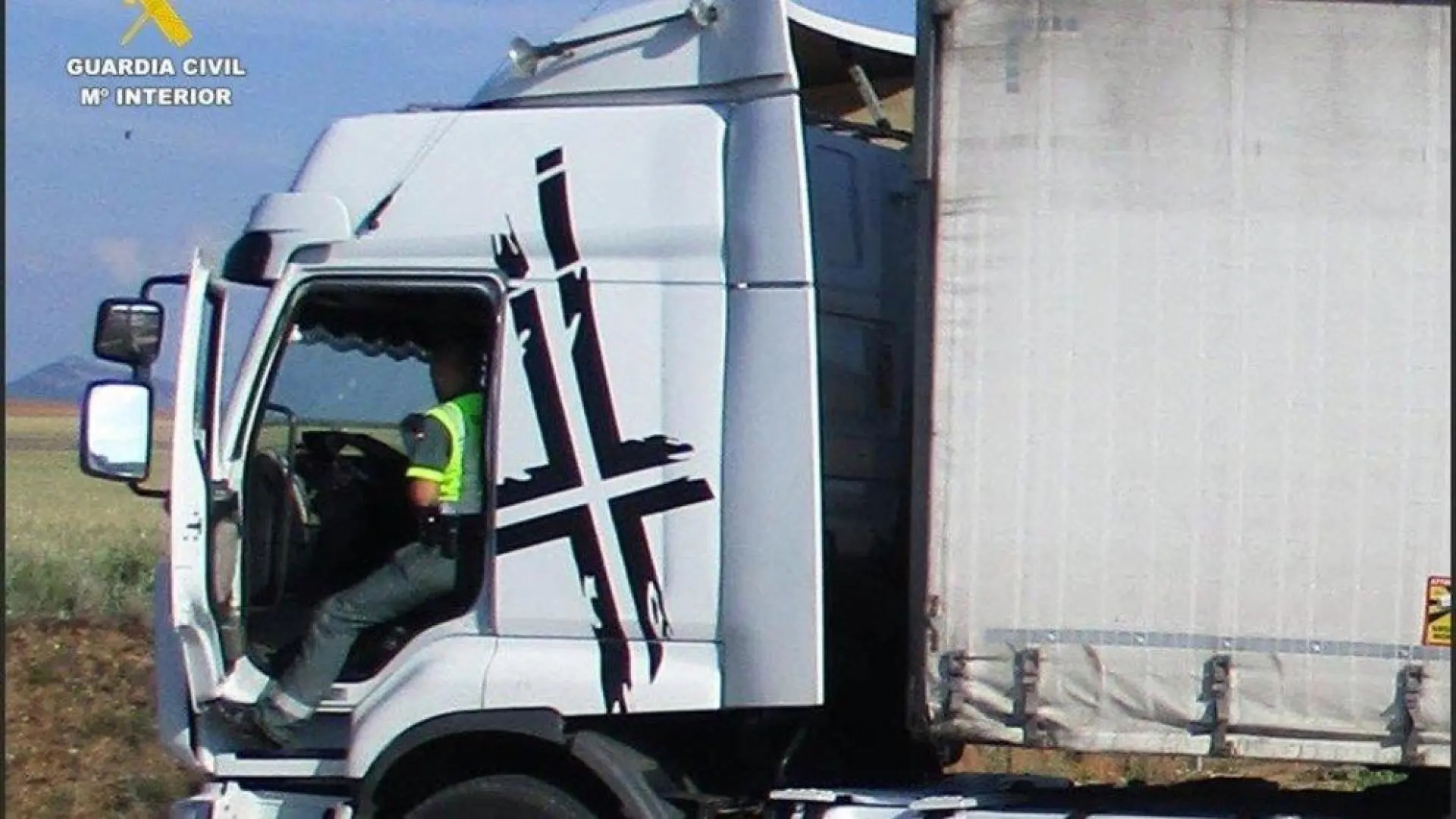Von der Leyen promotes "Made in Europe" batteries amid the sector's crisis

The global race for leadership in electromobility has reached a turning point in Europe. As European Commission President Ursula von der Leyen announced a plan to boost battery production in the EU, European automotive industry leaders have spoken out, demanding a more pragmatic approach to what they consider "lethal" regulatory targets.
Von der Leyen has declared her intention to mobilize €1.8 billion to stimulate domestic battery production and has advocated for a "Made in Europe" approach to public procurement.
"The cars of the future must be made in Europe," he insisted, stressing that the EU cannot "allow China and others to conquer this market." His vision is to create a small, affordable European electric vehicle that meets consumer demand without compromising the bloc's independence.
This political push contrasts with the unified message from automakers at the Munich Motor Show (IAA Mobility). Stellantis' European COO, Jean-Philippe Imparato, described the 2035 emissions targets as "unmanageable" and demanded that the Commission move "from dialogue to action" with urgent measures. His position, supported by brand leaders such as Opel and Volkswagen, reflects deep concern for the viability of the sector.
Manufacturers point out that, contrary to regulatory plans, the market reality is "dramatic." High production costs, aggressive competition from China, and the looming threat of US tariffs are putting thousands of jobs at risk. Faced with this situation, European brands are seeking political support to ensure their survival during this transition phase.
A central point of contention is the viability of affordable electric cars. Both Imparato and Opel CEO Florian Huettl agreed that current regulations make it "very difficult or impossible" to profitably manufacture small-segment vehicles. "Millions of Europeans want to buy affordable European cars," Von der Leyen acknowledged, an aspiration that clashes with current prices.
Huettl warned that excessive regulations are holding back consumer demand and have forced brands like Opel to reconsider their strategies, maintaining their commitment to hybrids to respond to real market needs. "The level of demand is not sustainable," the executive explained, highlighting the disconnect between EU objectives and consumer financial means.
Despite their differences regarding timelines, both sides agree on the urgent need to strengthen European industry to reduce dependence on Asia. The Commission's investment in battery production directly responds to Imparato's warning that Europe risks becoming "completely dependent on China" if it does not support its supply chain.
The clash between the EU's political ambition and industry demands will be resolved at a key meeting this Friday, September 12. The future of electric car manufacturing in Europe and its success will depend on reaching a consensus that combines the need to meet strict emissions targets with the pragmatism and needs of the European automotive industry to remain competitive.
ABC.es





